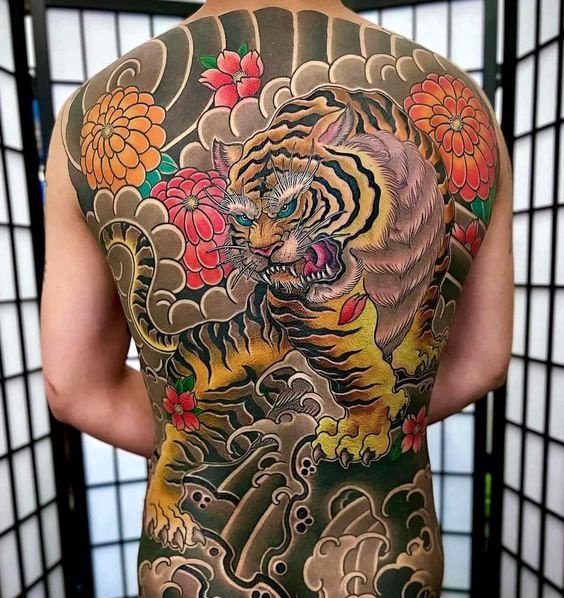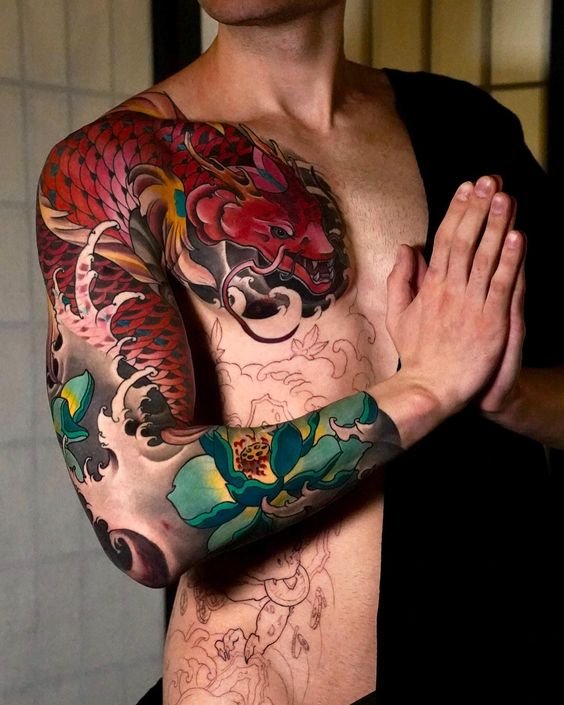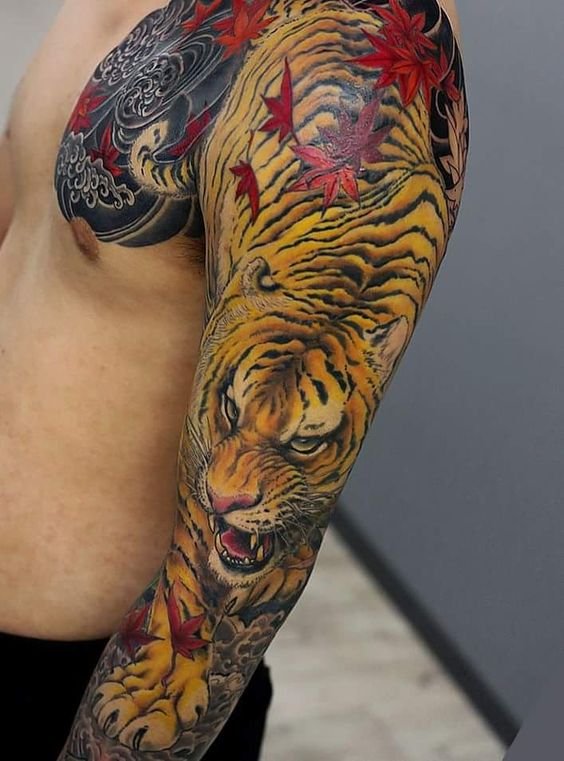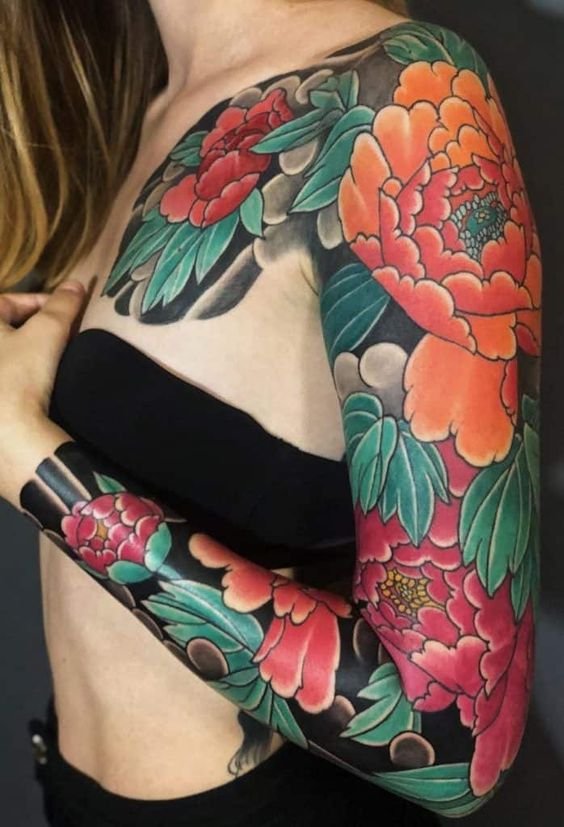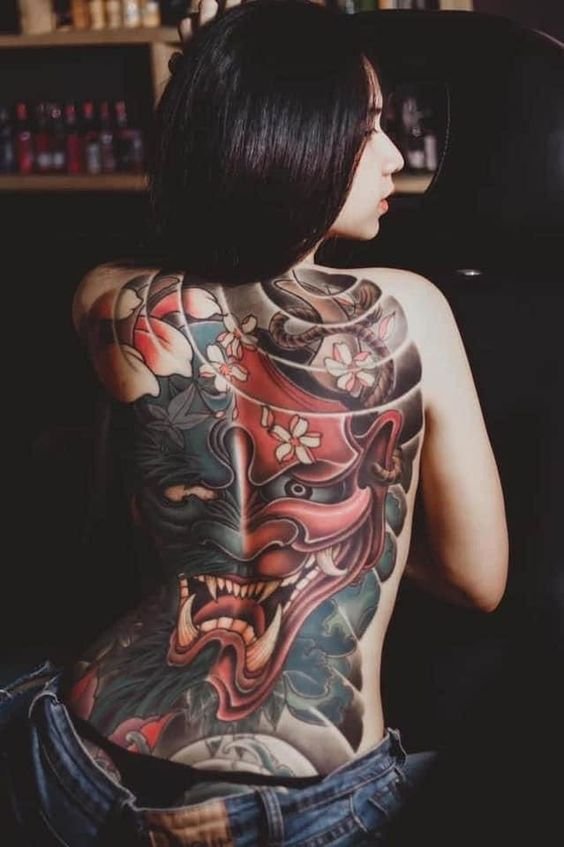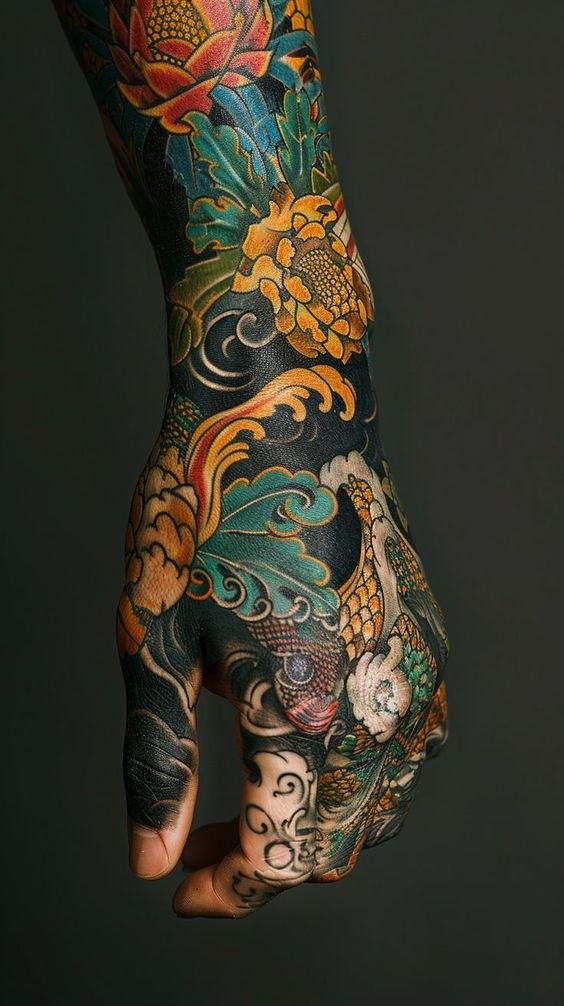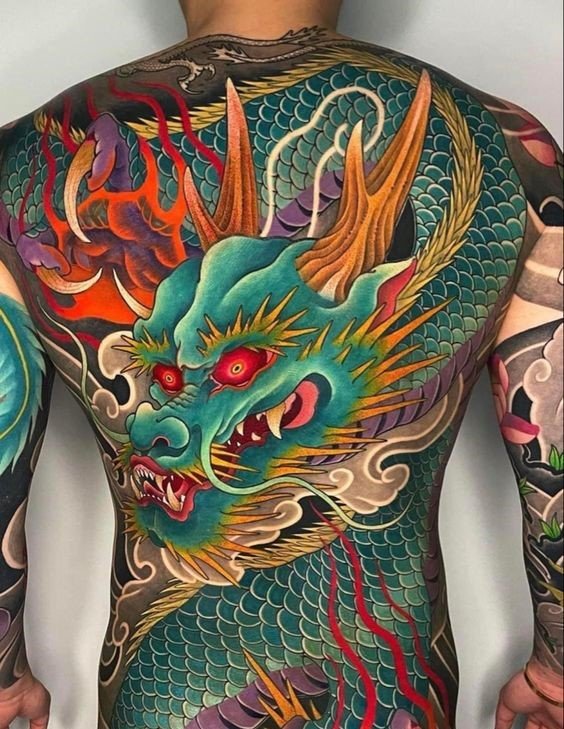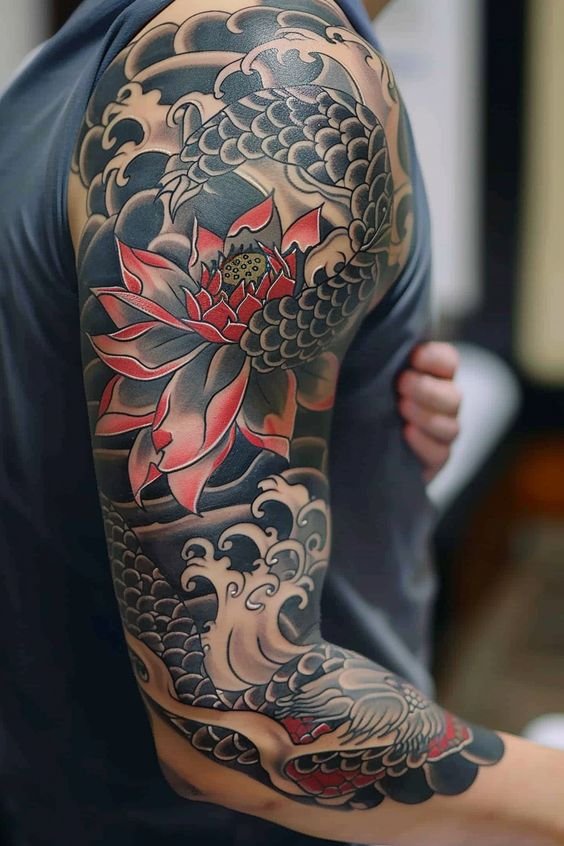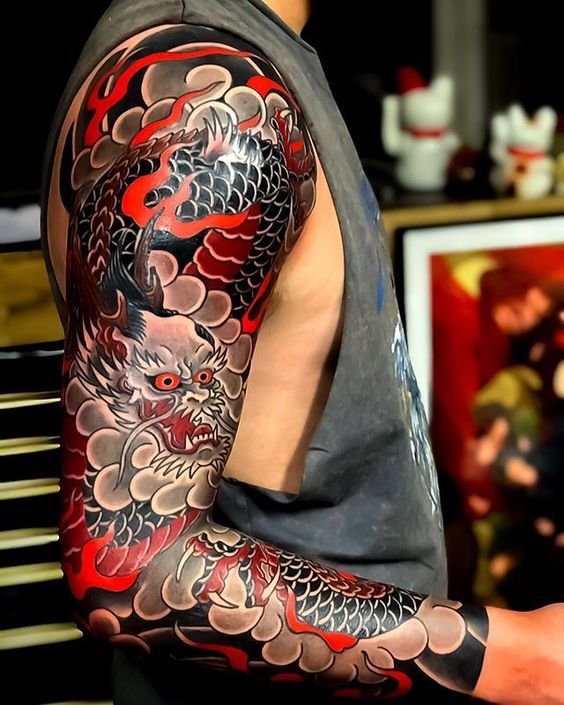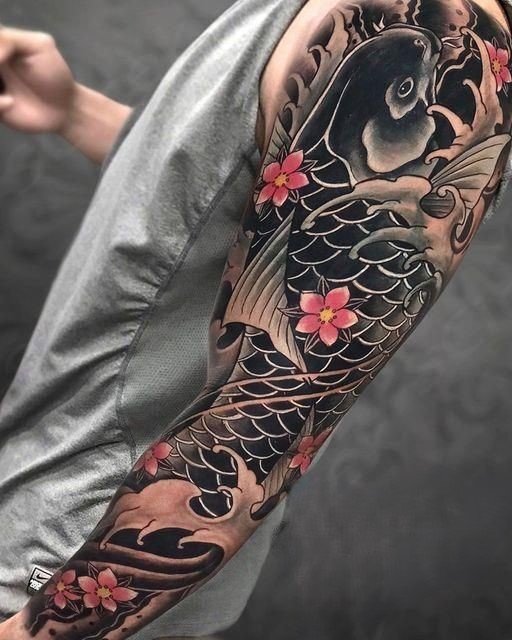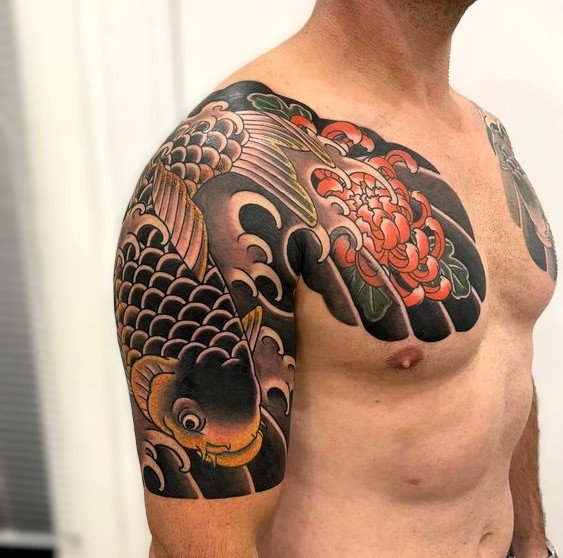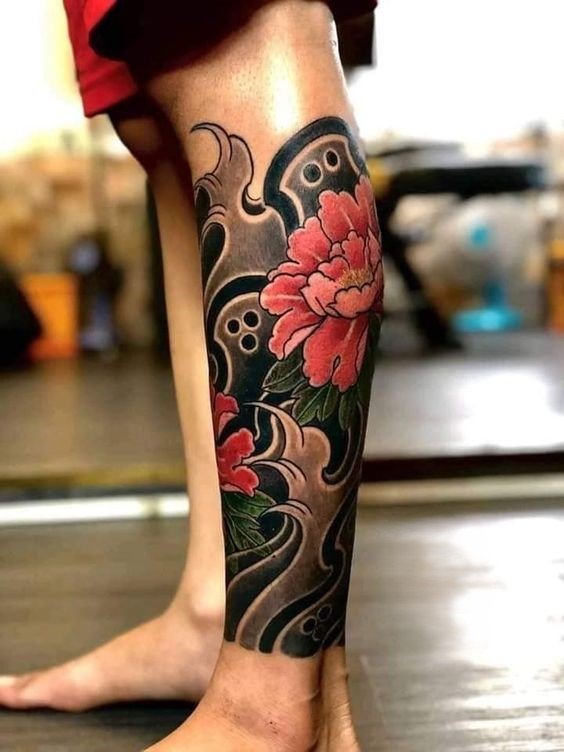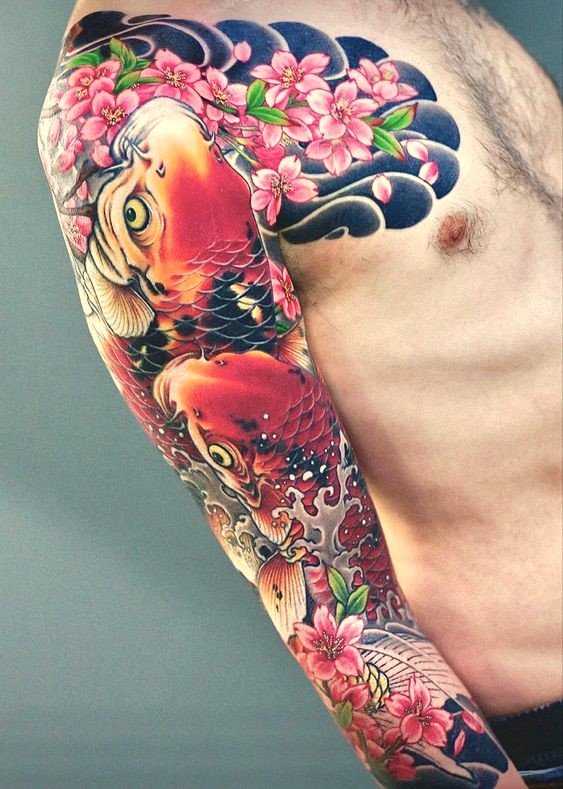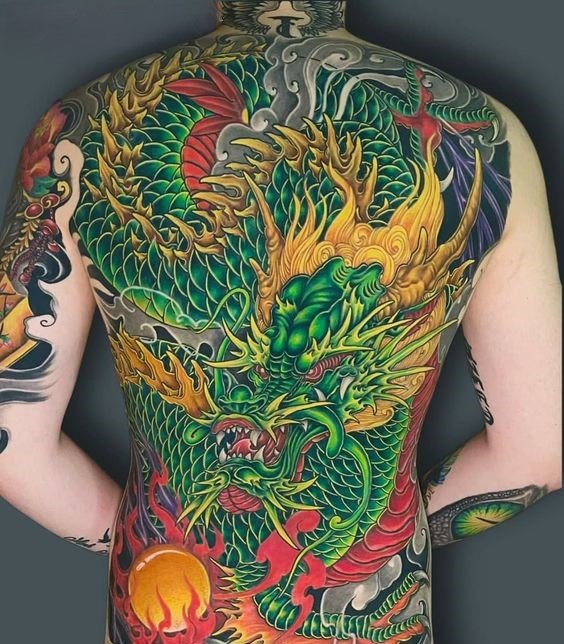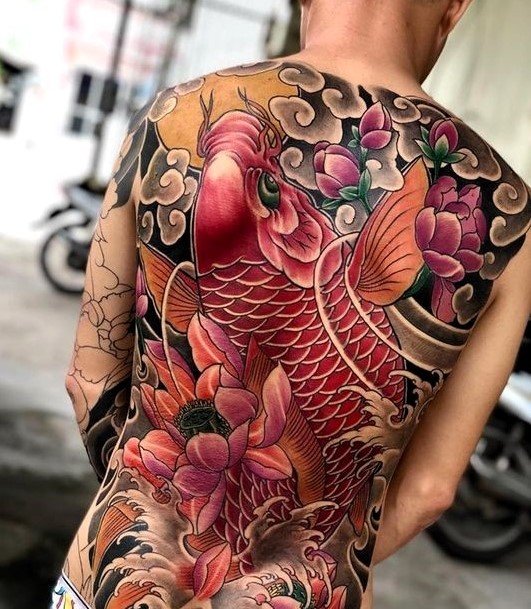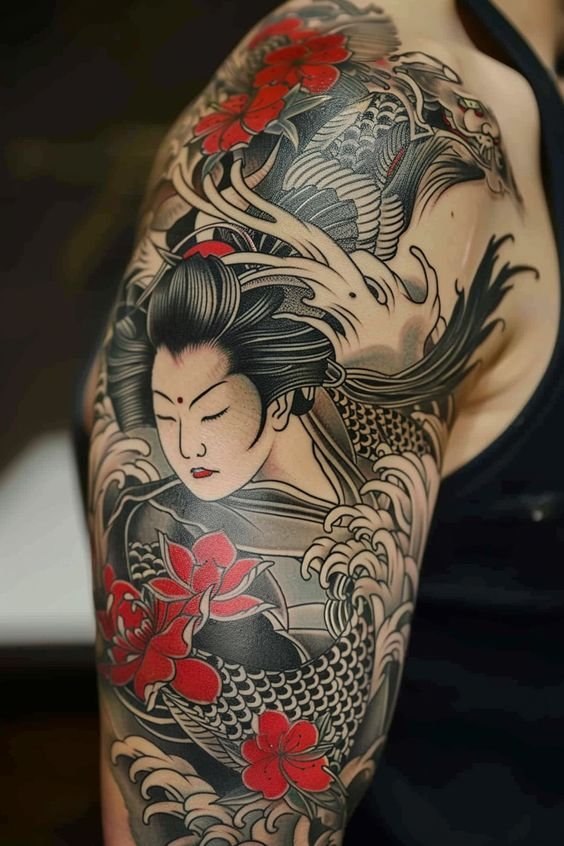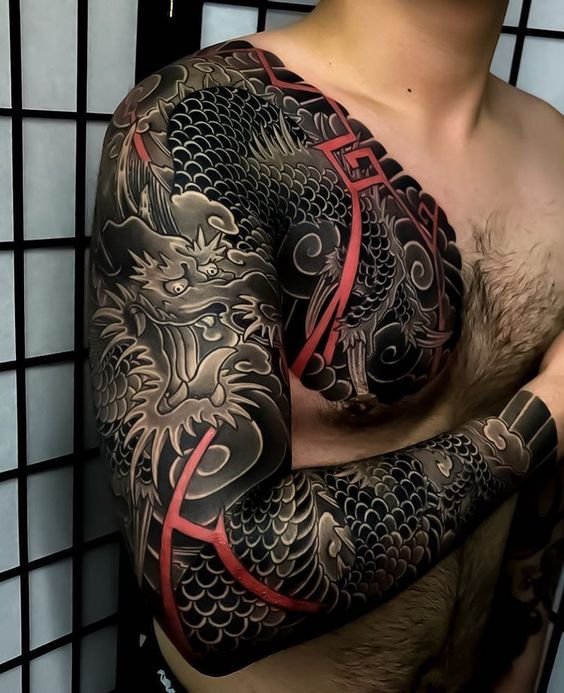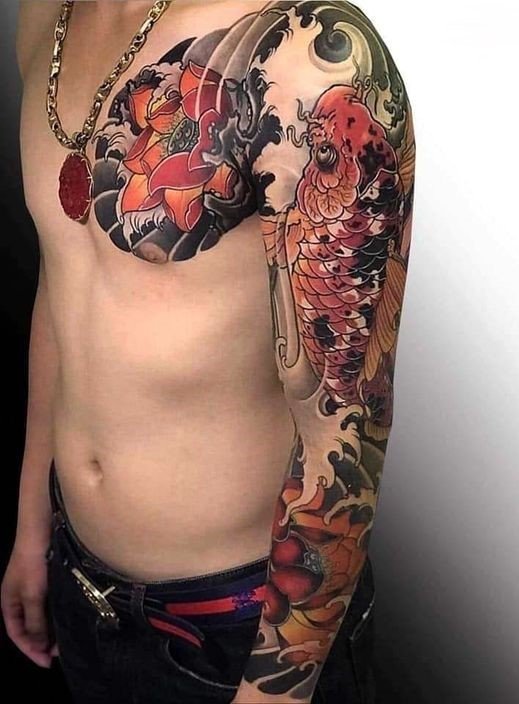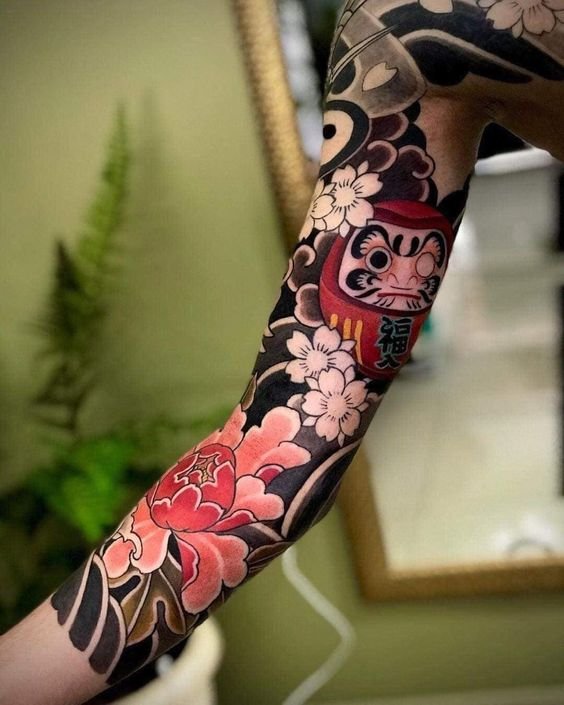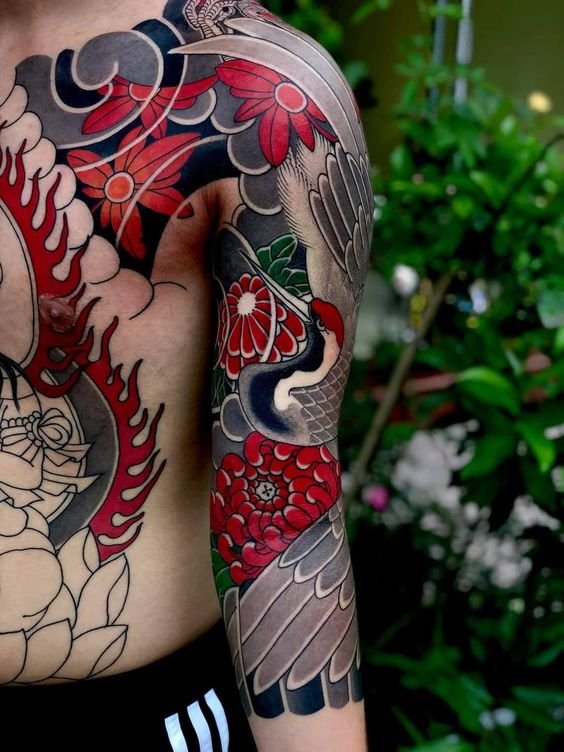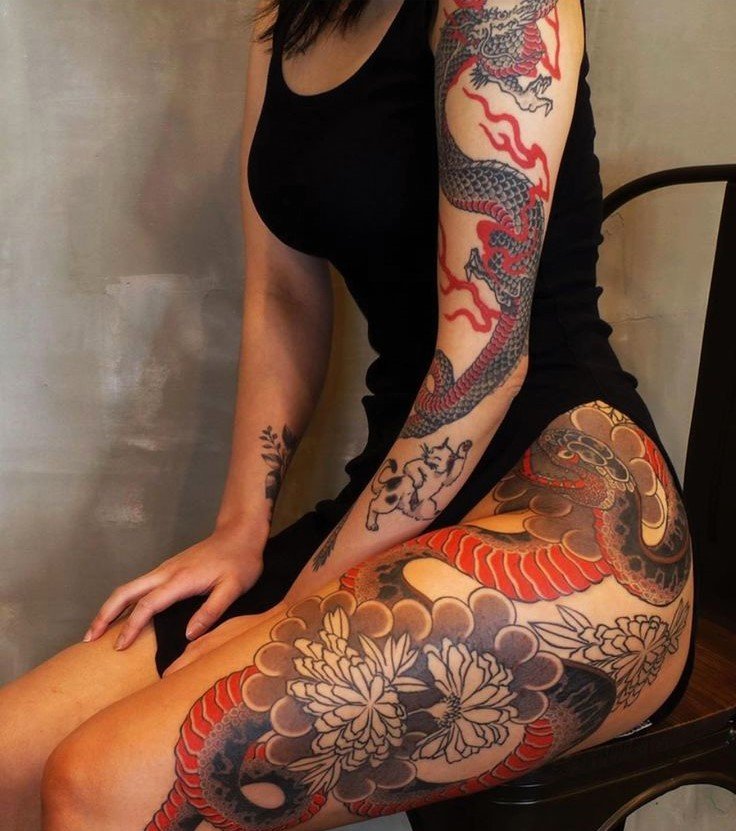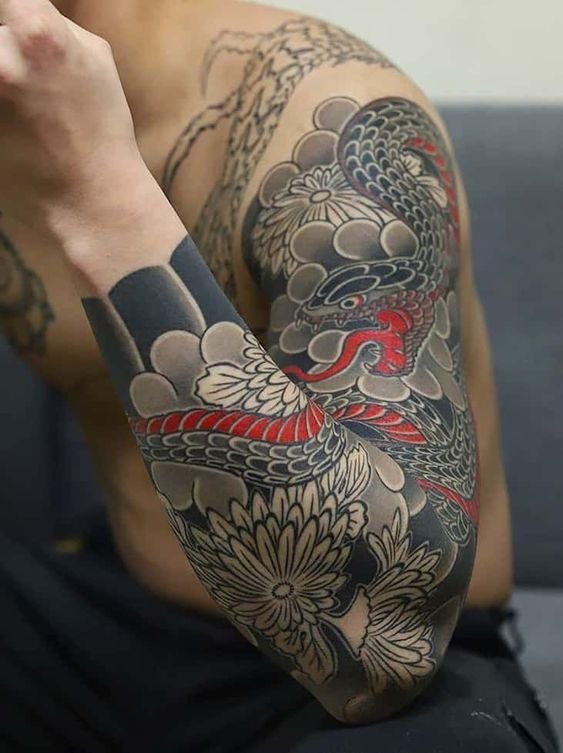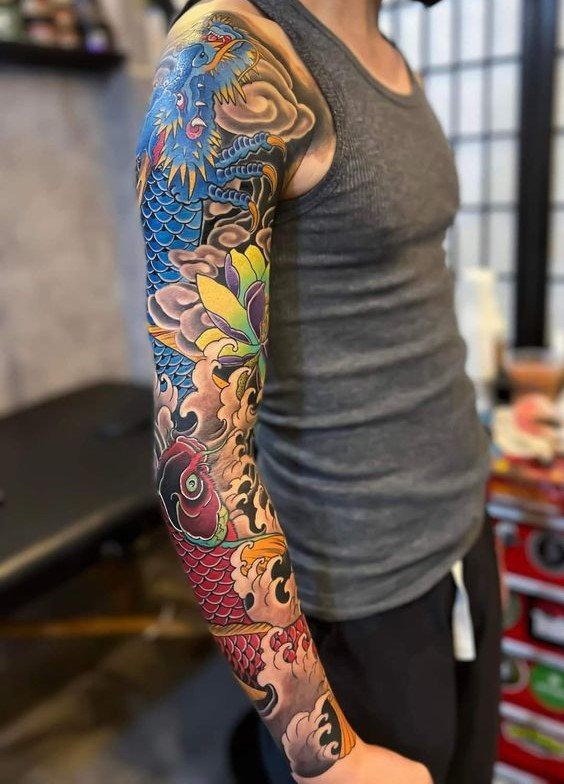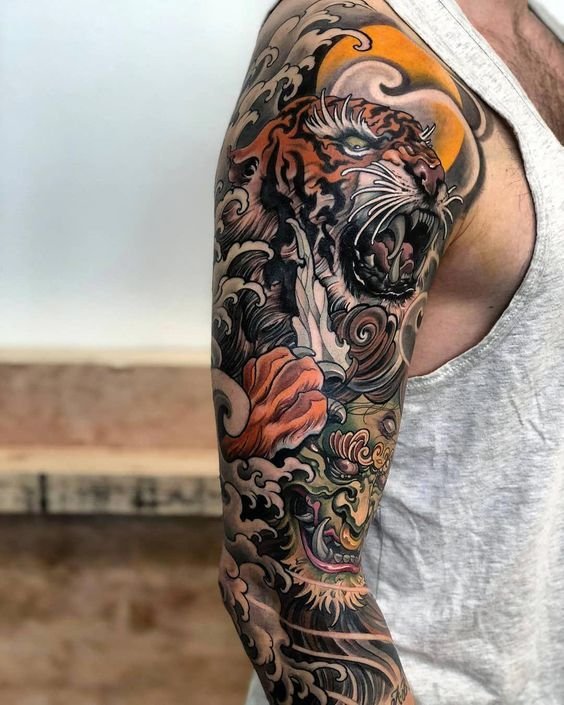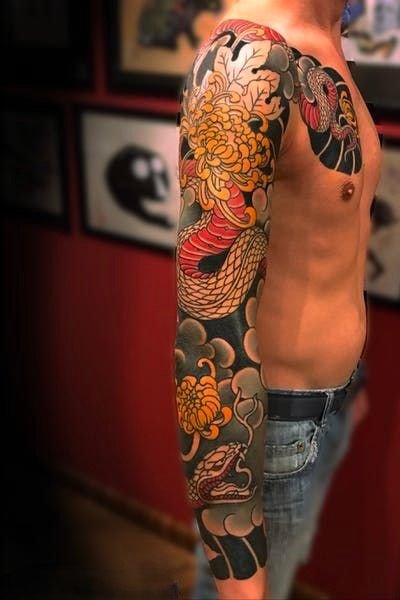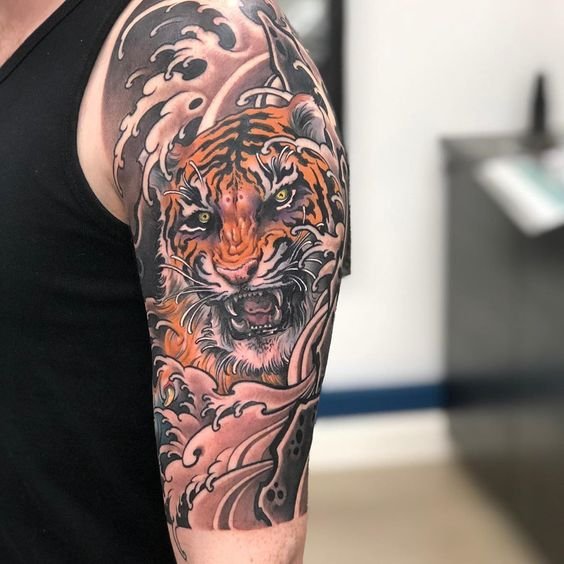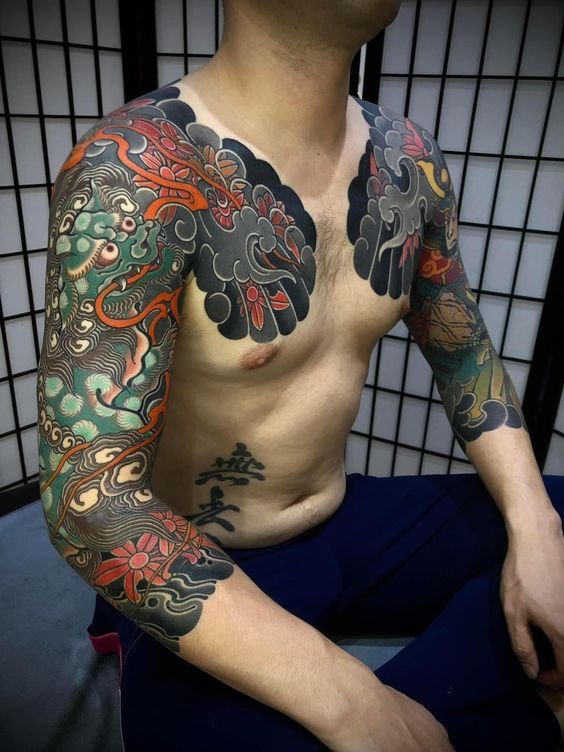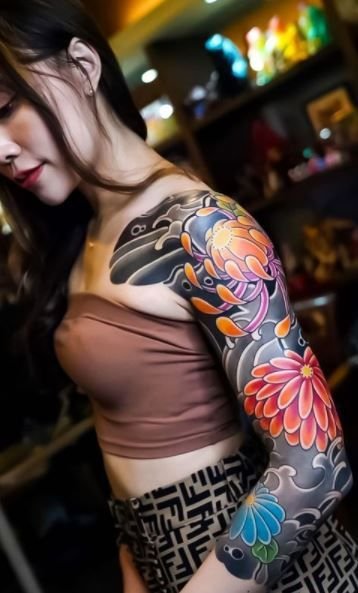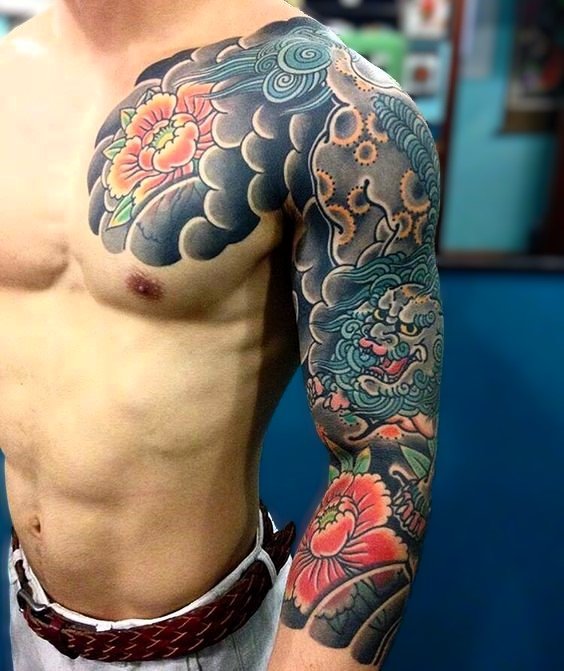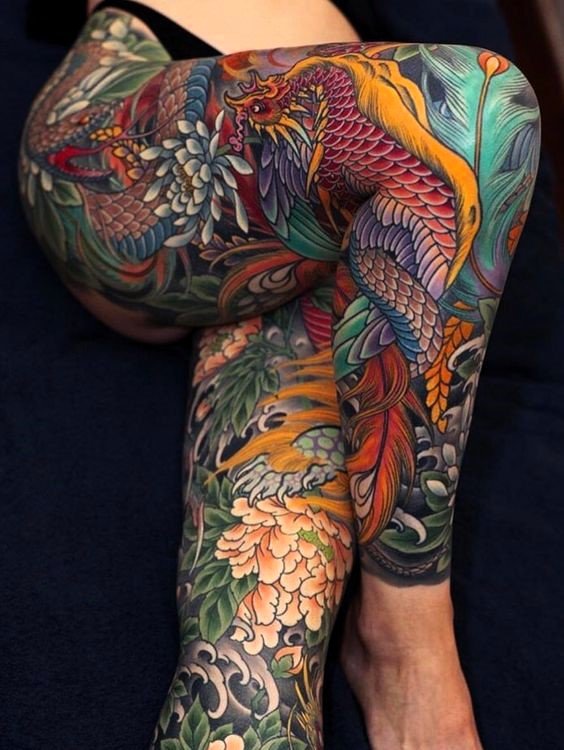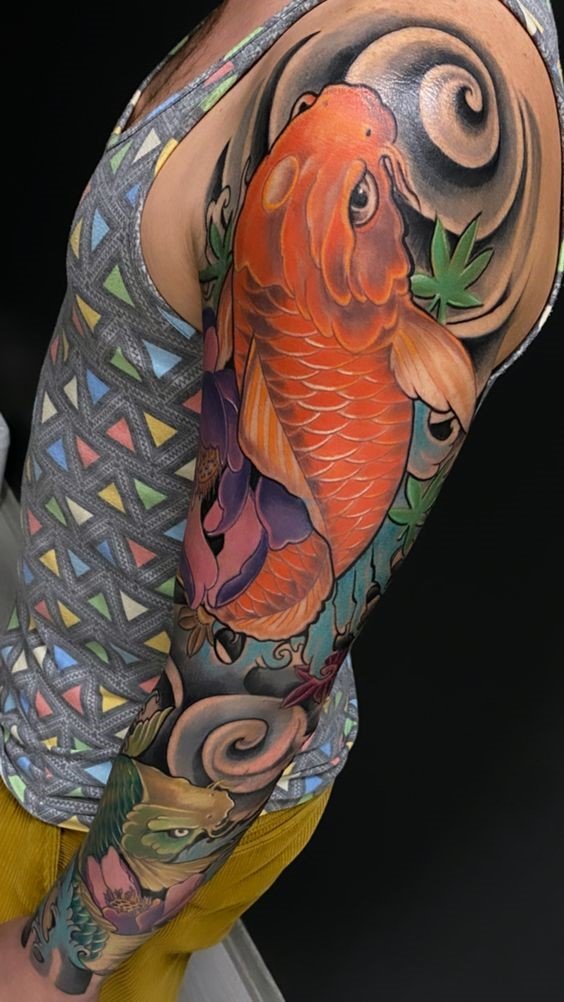Yakuza Tattoos:
Symbolism and Artistry
Yakuza tattoos are far more than decorative body art; they are a deeply symbolic tradition entrenched in Japanese culture.
Associated closely with the infamous Japanese mafia known as the Yakuza, these tattoos serve as a means of identification and symbolize strength and loyalty. This article explores the history, symbolism, and cultural impact of Yakuza tattoos.
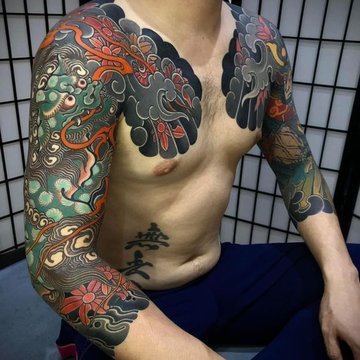
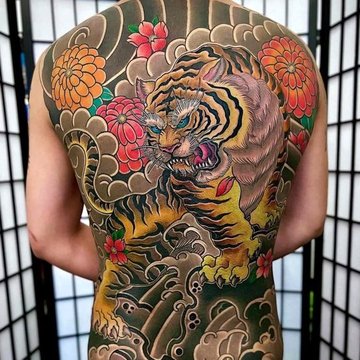
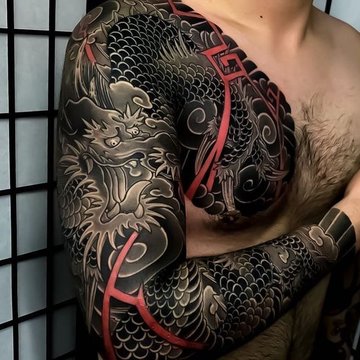
Historical Origins
of Yakuza Tattoos
Tattooing in Japan boasts a rich history, and during the Edo period (1603–1868), tattoos were employed to mark criminals with specific symbols.
Contrarily, members of the Yakuza transformed this stigmatizing practice into a source of pride and empowerment. Tattoos became a way to demonstrate endurance to pain and unwavering loyalty to their syndicate.
Traditionally, these tattoos were created using the irezumi technique—a slow and painful process involving bamboo or metal needles. This meticulous method required significant time and patience, underscoring the resilience and masculinity of the tattoo bearer.
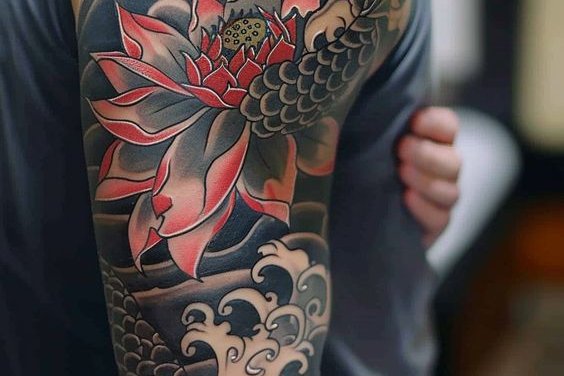
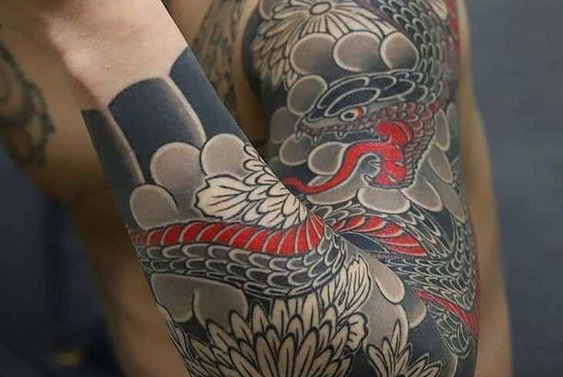
Deep Symbolism
in Yakuza Tattoo Designs
Yakuza tattoos often cover extensive areas of the body—back, chest, arms, and legs—forming comprehensive works of art.
Each element within these designs carries profound meaning. Some of the most prevalent symbols include:
- Dragons: In Japanese culture, dragons represent wisdom, protection, and strength. For the Yakuza, the dragon embodies their power and control over circumstances, symbolizing a balance between destruction and creation.
- Koi Fish: These fish signify perseverance, resilience, and spiritual strength. Legend holds that a carp swimming upstream can transform into a dragon, illustrating the ability to overcome challenges and achieve greatness.
- Tigers: The tiger symbolizes strength and courage. It can act as both protector and aggressor, highlighting the dual nature of power.
- Chrysanthemums: Representing longevity and perfection, chrysanthemums are also linked to imperial authority, adding a layer of superiority to the tattoo's significance.
- Oni Demons: These fearsome figures serve as protectors against evil. Despite their intimidating appearance, they guard the wearer from harm.
- Samurai: Depictions of samurai emphasize loyalty to a code of honor and the commitment to ideals of bravery and dedication.
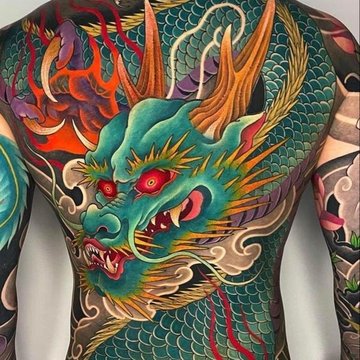
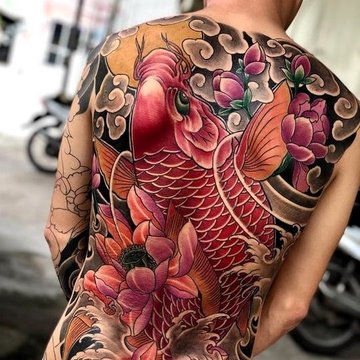
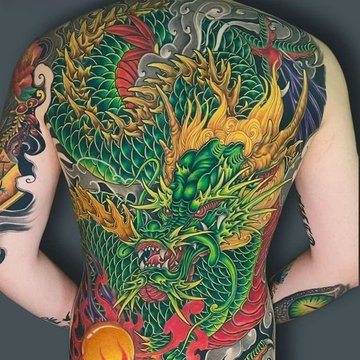
The Traditional Tattooing Process
Despite modern advancements, the traditional irezumi technique remains favored among Yakuza members.
The process can span years, given the detailed and intricate designs required to cover the body. It typically begins with outlining, followed by the addition of colors and fine details. Often, these tattoos are concealed under clothing, as public display in Japan may invite social stigma due to their association with criminality.
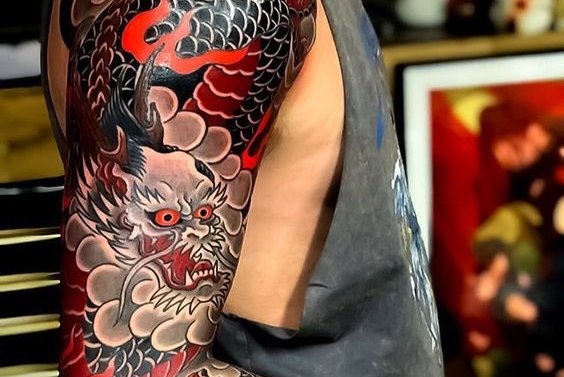
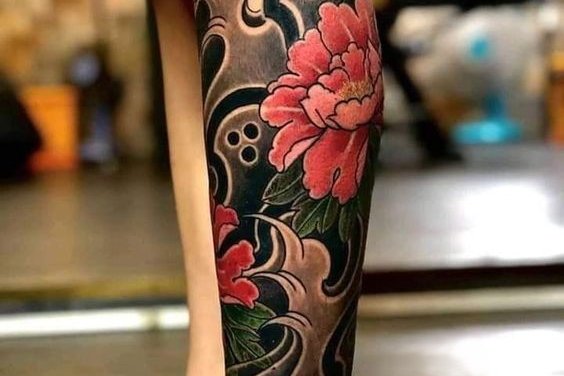
Influence on
Contemporary Culture
Today, Yakuza tattoos captivate attention both within Japan and internationally.
Many individuals unconnected to the criminal underworld choose these designs for their aesthetic appeal and rich symbolism. The global popularity of Japanese culture in films, games, and fashion has made motifs like dragons, koi fish, and samurai highly sought after by tattoo enthusiasts worldwide.
However, in Japan, tattoos still evoke mixed reactions. Despite gradual shifts toward acceptance, they remain linked to crime. In certain public venues, such as bathhouses and fitness centers, individuals with tattoos may be denied entry. This enduring association with the Yakuza continues to shape societal perceptions of the art form.
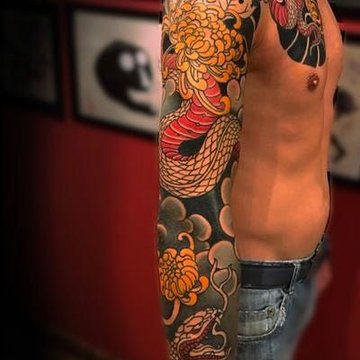
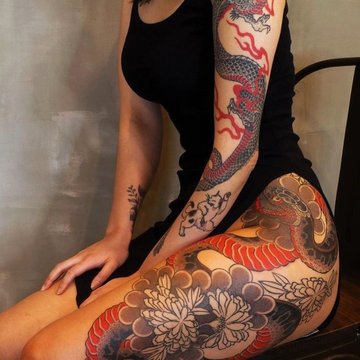
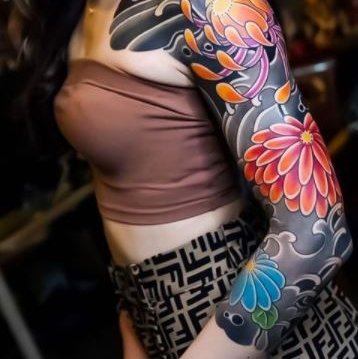
Modern Evolutions and Trends
As technology advances and globalization progresses, elements of traditional Yakuza tattoos are evolving.
It's now common to see Western tattoo styles blended with Japanese motifs. Some artists employ modern machines while preserving the aesthetic of irezumi. Nonetheless, preserving tradition remains important for many Yakuza members, who continue to prefer classic methods.
Interest in Yakuza tattoos has also surged among Western admirers of Japanese culture. They embrace the symbolism without any criminal connotations, integrating these tattoos into their personal identity.
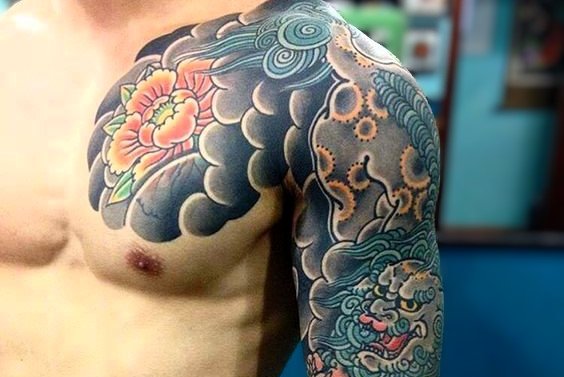
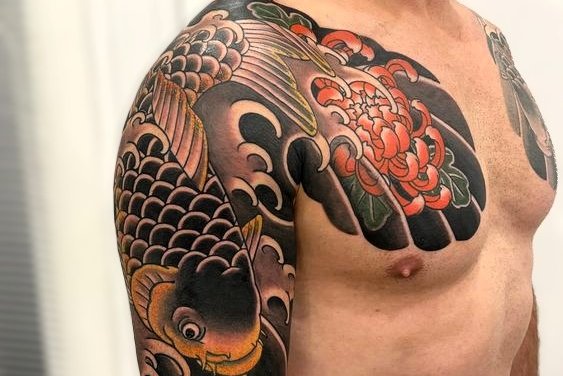
Why People Choose
Yakuza Tattoos
Despite their complex history and connections to criminal organizations, Yakuza tattoos remain popular due to their artistic merit and profound symbolism.
For many, they are a means to express strength, individuality, and a connection to tradition. The scale and intricate detail of these tattoos render them true masterpieces.
The aesthetics of Japanese tattoos, especially Yakuza designs, are rooted in ancient traditions and spiritual values, appealing to those seeking deeper meaning in their body art. For many, a tattoo becomes more than mere decoration—it symbolizes personal growth, struggle, and achievement.
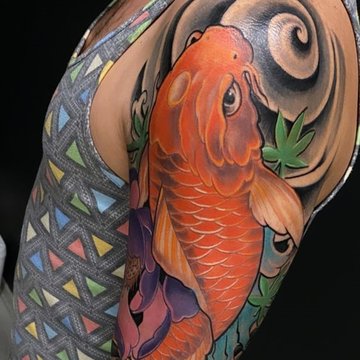
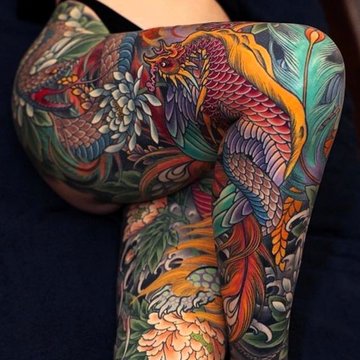
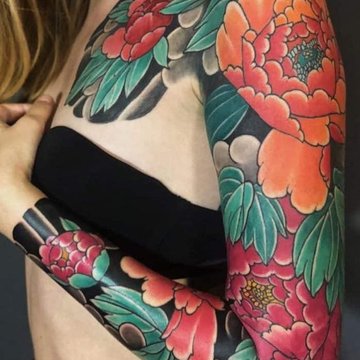
An Art Form
Rooted in Tradition
Yakuza tattoos transcend mere body art; they encapsulate a philosophy etched in ink.
They reflect a fusion of courage, strength, and fidelity to tradition. Despite their association with a criminal subculture, these tattoos have evolved into a form of aesthetic expression and personal identity, attracting individuals worldwide. Each tattoo narrates a story, preserving a sense of time and tradition, rendering this art form timeless.


 Make a sketch in the AI VEAN TATTOO generator
Make a sketch in the AI VEAN TATTOO generator
